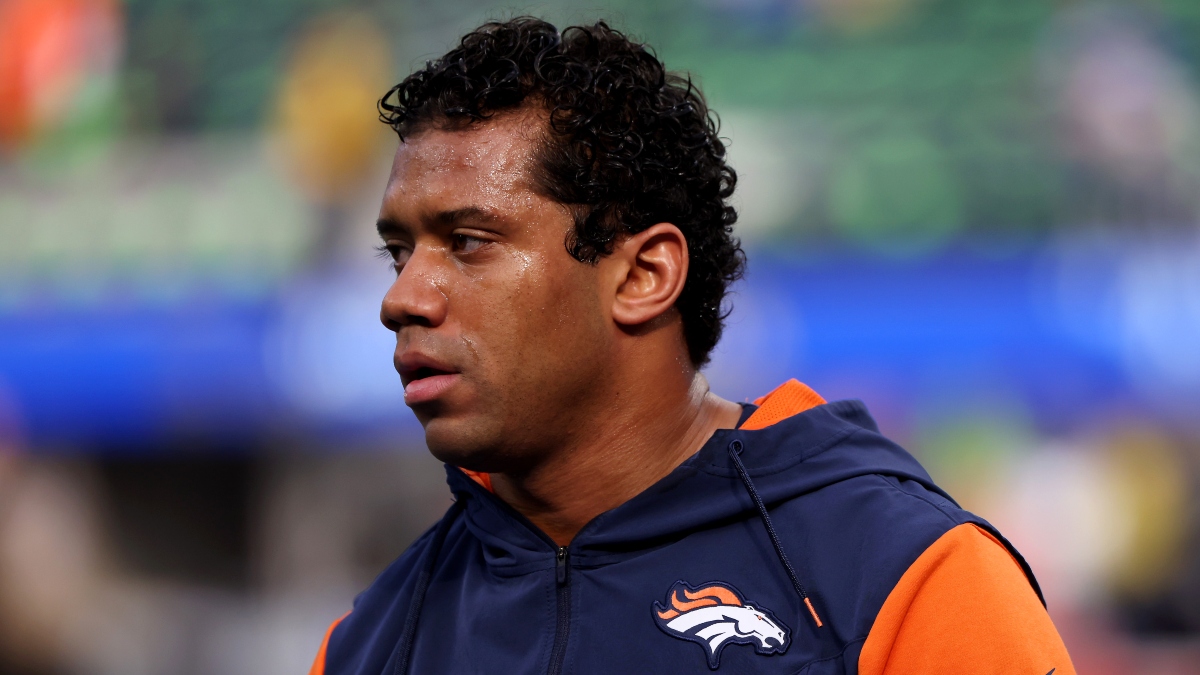
Katelyn Mulcahy/Getty Images
Russell Wilson’s first year with the Denver Broncos didn’t go as planned. Despite his reputation as one of the league’s best quarterbacks, Wilson struggled to produce on the field, and the Broncos ended the season with a disappointing 5-12 record.
We’ve recently learned to prior to being traded to Denver, Russell Wilson tried to get both Seahawks head coach Pete Carroll and General Manager John Schneider fired.
Too Much Power
As the season progressed, Wilson’s influence on the team became a point of concern for some coaches, according to The Athletic. One coach even suggested that Wilson’s influence had grown too much and was primarily based on what Head coach Nathaniel Hackett allowed him. “He had too much influence,” the coach said.
Private Office
Off the field, there were signs of tension within the team. Wilson had been given an office at the Broncos’ facility, which he decorated with motivational quotes and new play concepts. While some of his teammates appreciated Wilson’s enthusiasm and dedication to the game, others felt that the existence of the office created an awkward team dynamic.
Despite the perks that came with his office, Wilson’s on-field performance failed to measure up, which made the location of his office on the second floor, where coaches and executives worked, a potential liability for the team’s morale.
With the office located on the facility’s second floor, it meant that Wilson was physically separated from his teammates, who spent most of their time on the first floor. According to one coach, players who visited the second floor were often doing so to meet with coaches and executives about their futures with the team.
According to one coach, players rarely went up to the second floor, and if they did, it was likely because they were being released. Another coach questioned Wilson’s open-door policy, suggesting that it blurred the line between player and coach. The coach said that players should not have their own offices and that Wilson’s open-door policy should be him sitting at his locker like any other player.
Additionally, some within the organization were concerned that Wilson’s open-door policy with his office blurred the line between player and coach. While Wilson insisted that he was simply trying to help his teammates learn new plays and improve their game, some felt that he was overstepping his bounds as a player.
As the losses mounted, tensions within the team continued to rise. Some players privately questioned whether Wilson’s high profile and influence within the organization were causing friction in the locker room. And while Wilson remained focused on football and continued to put in long hours at the facility, his struggles on the field were hard to ignore.
In the end, the Broncos’ season was a disappointment for everyone involved. Wilson’s first year in Denver had been marked by disorganization and tension, and the team had failed to live up to its potential. As the offseason approached, there were whispers that changes would need to be made if the Broncos hoped to compete at a higher level in the years to come.